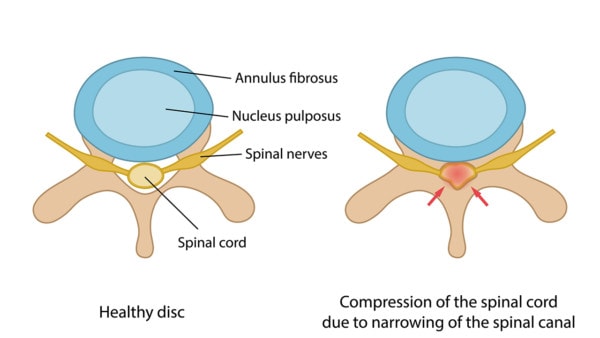Back of Shoulder Pain: Your Neck May Be the Culprit!
Two years ago, I went into work to see patients with a sensation that someone was pushing the back of my shoulder forward. I initially thought that it was a rib moving in a weird way, but it soon morphed into awful back of shoulder pain. For two weeks I was convinced this was a shoulder problem, but later I realized it was from my neck. Ultimately our physicians got rid of the issue using an injection of the growth factors from my own blood platelets, but not before several weeks of agony and inability to sleep. This blog is to help patients identify the causes for pain in this spot and avoid the misery of treating the wrong area!
The pain I had was epic. While I still went to work, I would be up most of the night trying any combination of pillows to find a comfortable position. Since I felt a stabbing and burning pain in the back of the shoulder, I was initially convinced that I had a shoulder problem. In fact, I would have placed a large bet on it, but subsequent treatment of my shoulder with platelet rich plasma injections did very little. When it occurred to me that it could be my neck, which was impacted as well, on a lark I asked one of our doctors to inject platelet lysate around my lower neck nerves on that side. I remember going home early that day and settling into bed with the first relief I had felt in weeks. It was magic and in that moment I knew we had found the spot. Later MRIs confirmed that I has cervical stenosis (likely from carrying around a relatively sizable head my whole life and lifting weights that were way too heavy for my frame), a condition where neck arthritis can press on nerves.

Olga Bolbot/Shutterstock
How could a pissed off nerve in the neck convince a physician he had a shoulder problem? We’ve known for a while that the lower neck joints (facets), when injured can refer pain to the back of the shoulder. In addition, this is also a common referral site for the lower neck nerves. Why? When we grow in our mother’s womb, these areas grow out of one another and the wiring of the neck and shoulder is still a bit mixed up together in adulthood. Hence, even though a neck nerve or joint is complaining, to the patient it feels like a shoulder problem. This phenomenon regrettably has launched many unnecessary shoulder surgeries through the years when some small incidental rotator cuff finding is seen on MRI and the patient ends up getting it surgically repaired only to continue to have pain in the same spot after surgery.
The upshot? The body can be strange at times. Always remember that where it hurts, may or may not be where the damage is located. If you have pain in the back of the shoulder and treatment there is doing nothing, start asking your doctor to take a closer look at your neck, you might be very glad you did as there’s nothing like that moment when the right stuff gets injected into the right spot and you finally know you’re on the mend!

If you have questions or comments about this blog post, please email us at [email protected]
NOTE: This blog post provides general information to help the reader better understand regenerative medicine, musculoskeletal health, and related subjects. All content provided in this blog, website, or any linked materials, including text, graphics, images, patient profiles, outcomes, and information, are not intended and should not be considered or used as a substitute for medical advice, diagnosis, or treatment. Please always consult with a professional and certified healthcare provider to discuss if a treatment is right for you.
